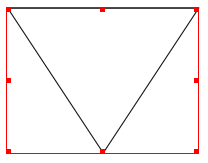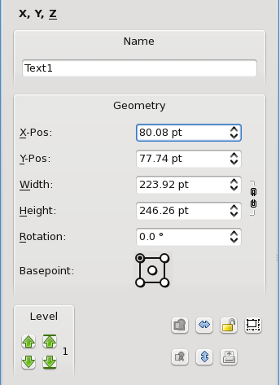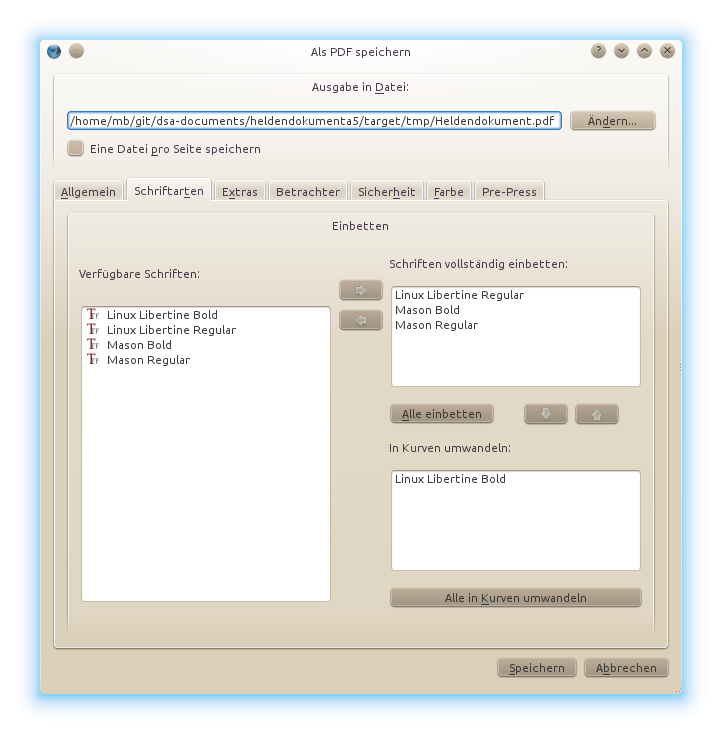
Using the middle tab (Column/Row) you can create two vertical guides, with a space between them (Gap) of 2 cm. In the menu, select Page > Manage Guides. You will be using guides to assist with the alignment of the content according to the folds of your brochure. Create a directory Scribus_Gutenberg inside your Documents directory, then give your file a suitable name. Here you see, in a scaled down view, how your document appears in the main window: Other parameters should remain at default settings.Ĭlick on OK to finally create this document. Choose margins of 1cm (10mm) to make sure we remain within the boundaries of where our printer can physically print on the paper.Create 2 pages, for each side of our A4 paper.

Make sure the units are millimeters, since the default may be points.The document you are going to create will have the following characteristics: In case you may have closed this dialog, you can bring it up again with the menu File > New. When you start up Scribus, it presents you with a dialog for creating a new document. We will be using images and text from the Wikipedia webpage on Gutenberg, which may be used under the Creative Commons licensing of their site. Image frames are noted by drawing a cross (so that we know this is an image frame and not text), or you might place a simple sketch to denote a particular content.įor this guided tour of Scribus we are proposing to create a brochure about Johannes Gutenberg, in relationship to his inventions regarding the printing press.You might alternatively write some notes which say something about the content of various frames. You can see that we have simply drawn lines to indicate the text in the frames.In the images here below you can see how we have demarcated boxes or frames with some indication of how text and images are arranged in the brochure panels: The left panel is the one which is first seen as the brochure is opened – it will contain further information on the content, perhaps some sort of listing of the contents.The middle panel will be the back of the folded brochure – we will use this for contact information.


Work with a pencil, paper, and eraser – this is a sketch, not a piece of art.
SCRIBUS ROTATE IMAGE FREE

Sketch some picture on the front flap, then check the result. Although in your actual brochure you might wish the inside flap to be slightly more narrow than the left front flap, so that it completely covers the inside flap when folded together, for this demonstration we are not going to bother with this precise detail. To sketch your brochure, begin with a sheet of white office paper (A4 or US Letter), and fold it in thirds, so that it folds together as shown. The first step takes place away from your computer – in a sense, since we are going to end up most often with a result on paper, we will begin by working with paper.
SCRIBUS ROTATE IMAGE HOW TO
In seven steps you learn how to create a tri-fold brochure. In this section we are going to take you through a short guided tour of Scribus.


 0 kommentar(er)
0 kommentar(er)
